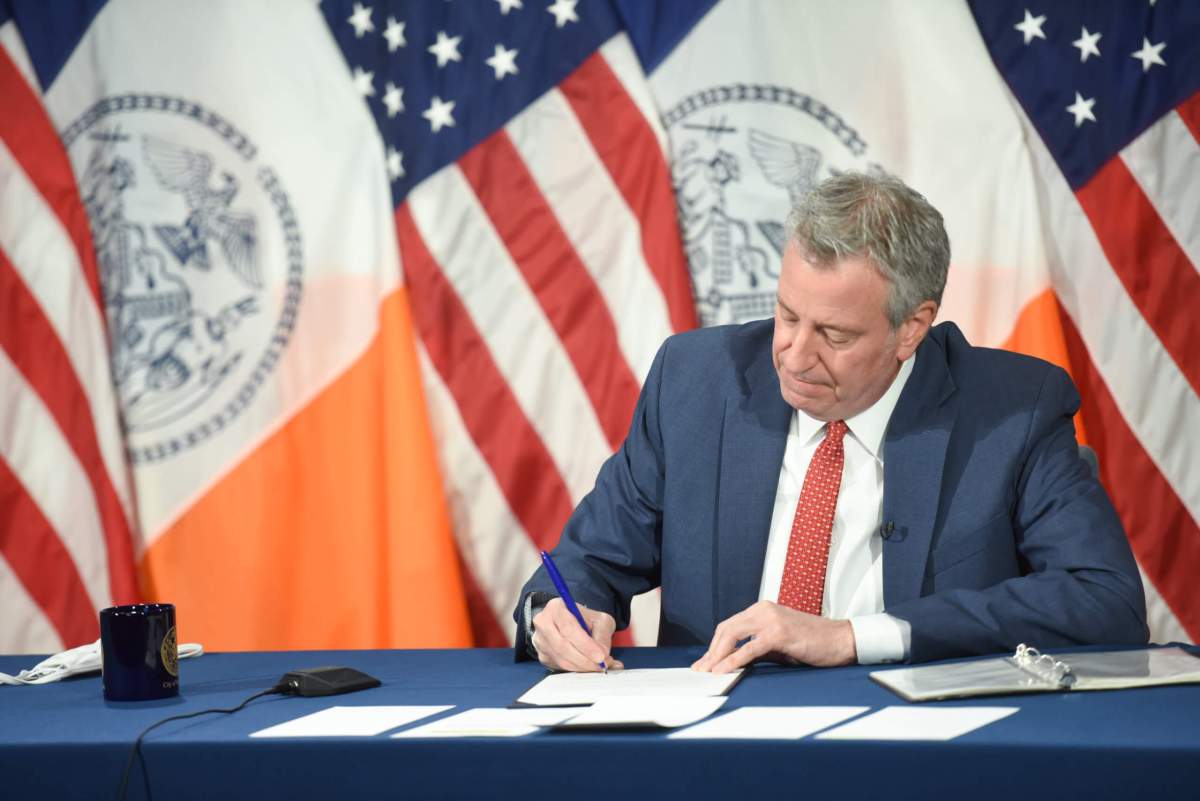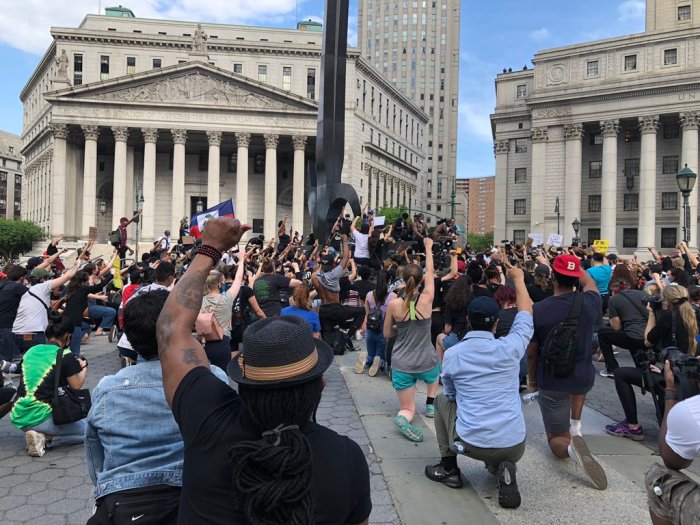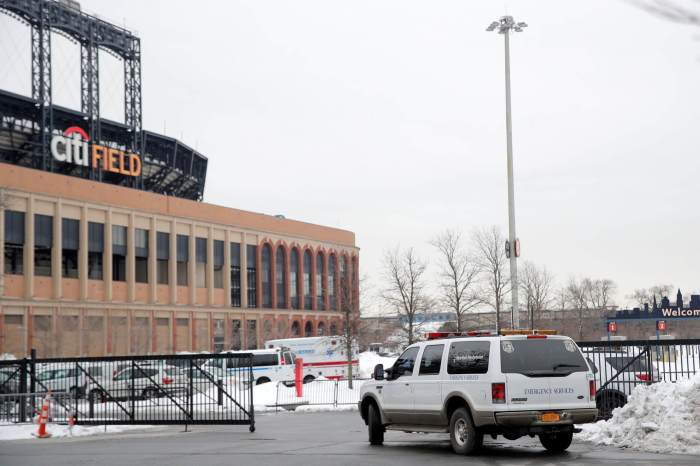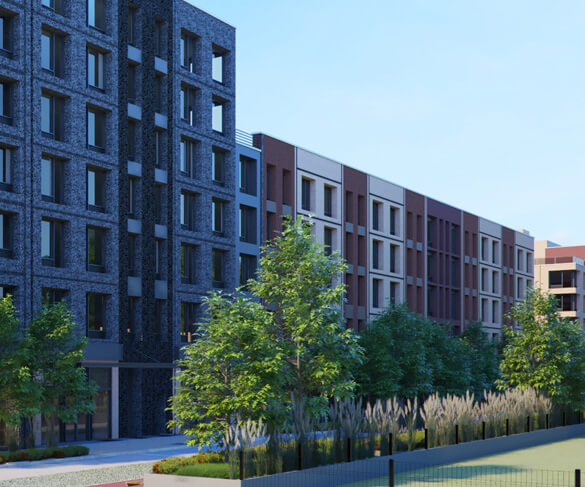Mayor Bill de Blasio signed an executive order mandating diversity hiring in the NYPD Wednesday during his morning briefing.
While noticeably lacking a little of the usual, pre-pandemic spectacle of an in-person reception, the event proved impactful nonetheless in moving forward his police reform package.
“One of the areas we continue to work on is improving the relationship between police and community, deepening reforms of the NYPD, this is work that will continue to go on,” said de Blasio. “The work always continues.”
The mayor said they’ve aimed to dismantle the “poverty to prison pipeline” and address the root causes with input from city officials and advocates. A key way to make that happen, said de Blasio, is to ensure that for every position and level people of color are considered and given the maximum opportunity to excel.
“It’s important to show the communities of this city that everyone is represented in the leadership ranks of the NYPD,” said de Blasio.
De Blasio was asked during the virtual briefing about his appointment of Police Commissioner Dermot Shea in December 2019, which was largely considered a missed opportunity to promote from within a person of color. He neatly dodged, saying that this is not about who is commissioner, it’s “systemic.”
He gave Shea credit for helping the city through crisis last year, seemingly despite their at times contentious relationship, and building a leadership team that does represent the city.
“I think that this has been the right approach,” said de Blasio. “And it needs to be systemic which is why we have the executive order.”
De Blasio said his police reform plan addressed a host of other issues, including considering cancelling pensions if an officer has a bad assessment or an egregious instance of misconduct. His police reform plan has been criticized by criminal reform advocates and groups, as “not going far enough.”
Queens Councilmember Adrienne Adams chimed in that it’s notable that there has been marked increases in the number of people of color and women recruits since 2013, but that effort has been nominal and limited to lower rank positions.
“We know that a lack of objectivity creates favoritism, nepotism, and discrimination, and like many aspects of our world, representation and diversity are important because you want to see yourselves, your experience, your community reflected whether it’s in government, civic life, or policing,” said Adams.
Adams said that the order mandates a “meaningful” interview of at least one qualified candidate with a diverse background to be considered for top NYPD positions, and she hopes it will be more than one.
Bronx Councilmember Vanessa L. Gibson, the first woman of color chair of the City Council Public Safety, said that she has always prioritized diversity in recruiting and executive levels in policing.
“Today’s announcement is a bold step in the right direction to begin the necessary reforms to the discretionary promotions process to focus on a qualified and diverse team leading to the police department that looks like New York City,” said Gibson.
Manhattan Councilmember Ydanis Rodriguez gave remarks about his personal and fraught encounters with the NYPD.
“I want to make one thing clear, today’s executive order should not be seen as taking away from qualified people who are Irish, Italian, Jewish, and White,” said Rodriguez. “I believe that what we’re doing is balancing the playing field for people of color.”


































